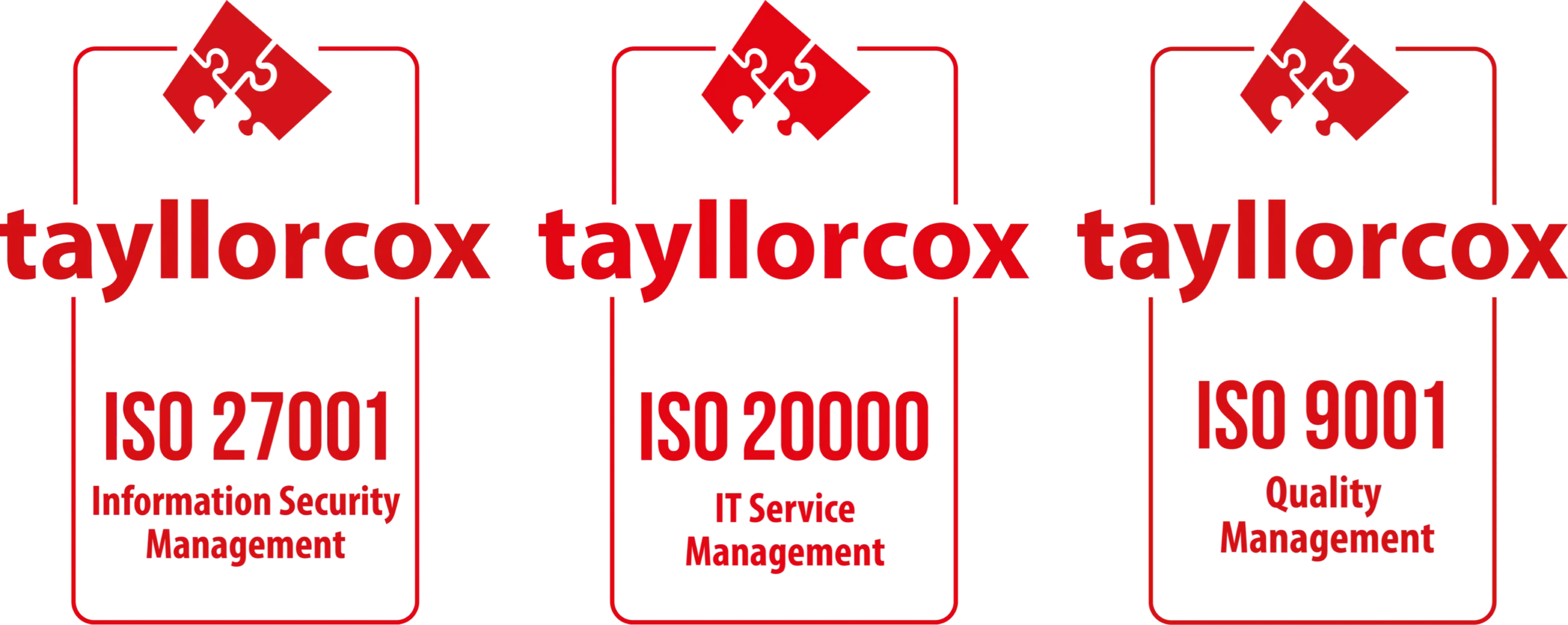HPE 3PAR Driver for OpenStack Manila
The HPE 3PAR manila driver provides NFS and CIFS shared file systems
to OpenStack using HPE 3PAR’s File Persona capabilities.
Note
In OpenStack releases prior to Mitaka this driver was called the HP
3PAR driver. The Liberty configuration reference can be found at: http://docs.openstack.org/liberty/config-reference/content/hp-3par-share-driver.html
For information on HPE 3PAR Driver for OpenStack Manila, refer to content
kit page.
Supported Operations
The following operations are supported with HPE 3PAR File
Persona:
- Create/delete NFS and CIFS shares
- Shares are not accessible until access rules allow access
- Allow/deny NFS share access
- IP access rules are required for NFS share access
- Allow/deny CIFS share access
- CIFS shares require user access rules.
- User access requires a 3PAR local or AD user (LDAP is not yet
supported)
- Create/delete snapshots
- Create shares from snapshots
Share networks are not supported. Shares are created directly on the
3PAR without the use of a share server or service VM. Network
connectivity is setup outside of manila.
Requirements
On the system running the manila share service:
- python-3parclient 4.2.0 or newer from PyPI.
On the HPE 3PAR array:
- HPE 3PAR Operating System software version 3.2.1 MU3 or higher
- The array class and hardware configuration must support File
Persona
Pre-Configuration on the HPE
3PAR
- HPE 3PAR File Persona must be initialized and started
(startfs) - A File Provisioning Group (FPG) must be created for use with
manila - A Virtual File Server (VFS) must be created for the FPG
- The VFS must be configured with an appropriate share export IP
address - A local user in the Administrators group is needed for CIFS
shares
Backend Configuration
The following parameters need to be configured in the manila
configuration file for the HPE 3PAR driver:
- share_backend_name = <backend name
to enable> - share_driver =
manila.share.drivers.hpe.hpe_3par_driver.HPE3ParShareDriver - driver_handles_share_servers =
False - hpe3par_fpg = <FPG to use for
share creation> - hpe3par_share_ip_address = <IP
address to use for share export location> - hpe3par_san_ip = <IP address for
SSH access to the SAN controller> - hpe3par_api_url = <3PAR WS API
Server URL> - hpe3par_username = <3PAR username
with the ‘edit’ role> - hpe3par_password = <3PAR password
for the user specified in hpe3par_username> - hpe3par_san_login = <Username for
SSH access to the SAN controller> - hpe3par_san_password = <Password
for SSH access to the SAN controller> - hpe3par_debug = <False or True for
extra debug logging> - hpe3par_cifs_admin_access_username =
<CIFS admin user name> - hpe3par_cifs_admin_access_password =
<CIFS admin password> - hpe3par_cifs_admin_access_domain =
<CIFS admin domain> - hpe3par_share_mount_path = <Full
path to mount shares>
The hpe3par_share_ip_address must be a
valid IP address for the configured FPG’s VFS. This IP address is used
in export locations for shares that are created. Networking must be
configured to allow connectivity from clients to shares.
hpe3par_cifs_admin_access_username and
hpe3par_cifs_admin_access_password must
be provided to delete nested CIFS shares. If they are not, the share
contents will not be deleted. hpe3par_cifs_admin_access_domain and hpe3par_share_mount_path can be provided for
additional configuration.
Restart of manila-share service is needed for the configuration
changes to take effect.
Backend Configuration for AD
user
The following parameters need to be configured through HPE 3PAR CLI
to access file share using AD.
Set authentication parameters:
$ setauthparam ldap-server IP_ADDRESS_OF_AD_SERVER
$ setauthparam binding simple
$ setauthparam user-attr AD_DOMAIN_NAME\\
$ setauthparam accounts-dn CN=Users,DC=AD,DC=DOMAIN,DC=NAME
$ setauthparam account-obj user
$ setauthparam account-name-attr sAMAccountName
$ setauthparam memberof-attr memberOf
$ setauthparam super-map CN=AD_USER_GROUP,DC=AD,DC=DOMAIN,DC=NAMEVerify new authentication parameters set as expected:
$ showauthparamVerify AD users set as expected:
$ checkpassword AD_USERCommand result should show
user AD_USER is authenticated and authorized message on
successful configuration.
Add ‘ActiveDirectory’ in authentication providers list:
$ setfs auth ActiveDirectory LocalVerify authentication provider list shows ‘ActiveDirectory’:
$ showfs -authSet/Add AD user on FS:
$ setfs ad –passwd PASSWORD AD_USER AD_DOMAIN_NAMEVerify FS user details:
$ showfs -adExample of using
AD user to access CIFS share
Pre-requisite:
- Share type should be configured for 3PAR backend
Create a CIFS file share with 2GB of size:
$ manila create --name FILE_SHARE_NAME --share-type SHARE_TYPE CIFS 2Check file share created as expected:
$ manila show FILE_SHARE_NAMEConfiguration to provide share access to AD user:
$ manila access-allow FILE_SHARE_NAME user AD_DOMAIN_NAME\\\\AD_USER
--access-level rwCheck users permission set as expected:
$ manila access-list FILE_SHARE_NAMEThe AD_DOMAIN_NAME\AD_USER must be listed in access_to column and
should show active in its state column as result of this command.
Network Approach
Connectivity between the storage array (SSH/CLI and WSAPI) and the
manila host is required for share management.
Connectivity between the clients and the VFS is required for mounting
and using the shares. This includes:
- Routing from the client to the external network
- Assigning the client an external IP address (e.g., a floating
IP) - Configuring the manila host networking properly for IP
forwarding - Configuring the VFS networking properly for client subnets
Share Types
When creating a share, a share type can be specified to determine
where and how the share will be created. If a share type is not
specified, the default_share_type set in
the manila configuration file is used.
Manila requires that the share type includes the driver_handles_share_servers extra-spec. This
ensures that the share will be created on a backend that supports the
requested driver_handles_share_servers (share networks) capability. For
the HPE 3PAR driver, this must be set to False.
Another common manila extra-spec used to determine where a share is
created is share_backend_name. When this
extra-spec is defined in the share type, the share will be created on a
backend with a matching share_backend_name.
The HPE 3PAR driver automatically reports capabilities based on the
FPG used for each backend. Share types with extra specs can be created
by an administrator to control which share types are allowed to use FPGs
with or without specific capabilities. The following extra-specs are
used with the capabilities filter and the HPE 3PAR driver:
- hpe3par_flash_cache = ‘<is>
True’ or ‘<is> False’ - thin_provisioning = ‘<is> True’
or ‘<is> False’ - dedupe = ‘<is> True’ or
‘<is> False’
hpe3par_flash_cache will be reported
as True for backends that have 3PAR’s Adaptive Flash Cache enabled.
thin_provisioning will be reported as
True for backends that use thin provisioned volumes. FPGs that use fully
provisioned volumes will report False. Backends that use thin
provisioning also support manila’s over-subscription feature.
dedupe will be reported as True for
backends that use deduplication technology.
Scoped extra-specs are used to influence vendor-specific
implementation details. Scoped extra-specs use a prefix followed by a
colon. For HPE 3PAR these extra-specs have a prefix of hpe3par. For HP 3PAR these extra-specs have a
prefix of hp3par.
The following HPE 3PAR extra-specs are used when creating CIFS (SMB)
shares:
- hpe3par:smb_access_based_enum = true
or false - hpe3par:smb_continuous_avail = true
or false - hpe3par:smb_cache = off, manual,
optimized or auto
smb_access_based_enum (Access Based
Enumeration) specifies if users can see only the files and directories
to which they have been allowed access on the shares. The default is
false.
smb_continuous_avail (Continuous
Availability) specifies if SMB3 continuous availability features should
be enabled for this share. If not specified, the default is true. This setting will be ignored with
hp3parclient 3.2.1 or earlier.
smb_cache specifies client-side
caching for offline files. Valid values are:
- `off`: The client must not cache any files from this share. The
share is configured to disallow caching. - `manual`: The client must allow only manual caching for the files
open from this share. - `optimized`: The client may cache every file that it opens from this
share. Also, the client may satisfy the file requests from its local
cache. The share is configured to allow automatic caching of programs
and documents. - `auto`: The client may cache every file that it opens from this
share. The share is configured to allow automatic caching of
documents. - If this is not specified, the default is manual.
The following HPE 3PAR extra-specs are used when creating NFS
shares:
- hpe3par:nfs_options = Comma separated
list of NFS export options
The NFS export options have the following limitations:
- ro and rw are not allowed (manila will determine the
read-only option)- no_subtree_check and fsid are not allowed per HPE 3PAR CLI
support- (in)secure and (no_)root_squash are not allowed because the
HPE 3PAR driver controls those settings
All other NFS options are forwarded to the HPE 3PAR as part of share
creation. The HPE 3PAR will do additional validation at share creation
time. Refer to HPE 3PAR CLI help for more details.
Delete Nested Shares
When a nested share is deleted (nested shares will be created when
hpe_3par_fstore_per_share is set to False),
the file tree also attempts to be deleted.
With NFS shares, there is no additional configuration that needs to
be done.
For CIFS shares, hpe3par_cifs_admin_access_username and
hpe3par_cifs_admin_access_password must be provided. If
they are omitted, the original functionality is honored and the file
tree remains untouched. hpe3par_cifs_admin_access_domain
and hpe3par_share_mount_path can also be specified to
create further customization.
The manila.share.drivers.hpe.hpe_3par_driver Module
manila.share.drivers.hpe.hpe_3par_driver





